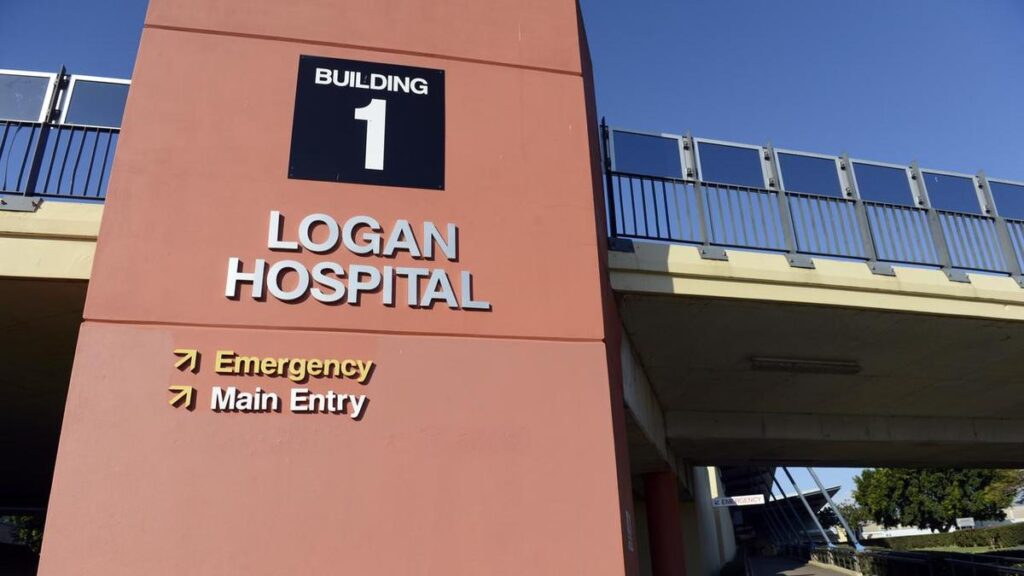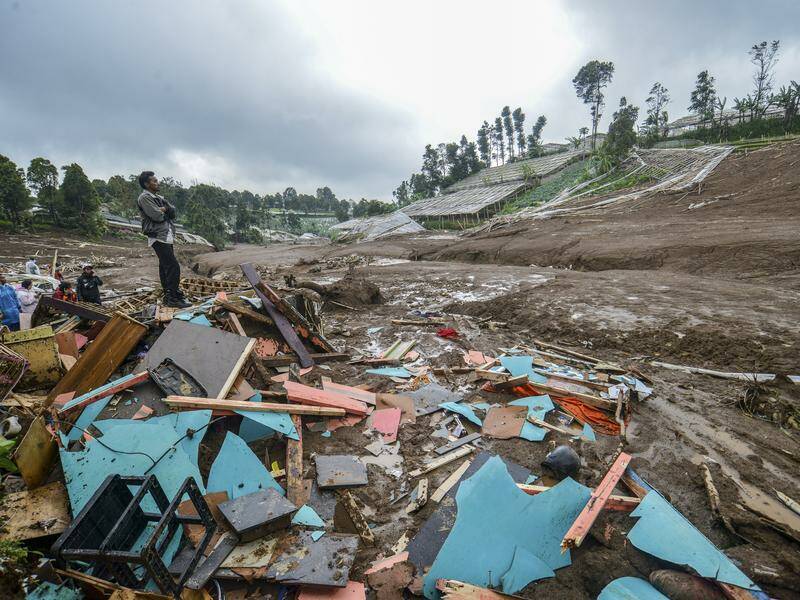
Health authorities in Queensland are conducting contact tracing efforts following the detection of a rare strain of mpox, known as Clade 1, in a recent traveller. The patient, who returned to Australia from Africa, visited Logan Hospital, located south of Brisbane, where he was diagnosed. Officials believe that approximately 19 community contacts and 40 hospital staff may have been exposed to the virus.
Upon arriving in Australia, the patient was not contagious, according to health officials. Tim Nicholls, Queensland’s Health Minister, stated that health staff and others who were in contact with the individual are currently being identified. “Those close contacts that he has been in contact with, including at the emergency ward and in other locations, are being contact traced right now and identified,” Nicholls confirmed on Sunday.
The patient’s family, which includes children attending high school, primary school, and childcare centres, is currently isolating, although they are asymptomatic. Authorities are working to identify the institutions attended by these children to assess potential exposure. While officials do not anticipate an increase in community contacts, there is a possibility that more hospital contacts could emerge.
Understanding Mpox and Its Risks
Mpox is a viral infection characterized by mild symptoms such as fever, headache, muscle aches, swollen lymph nodes, and fatigue, often followed by a skin rash or lesions. According to Dr Geoffrey Playford from Metro South Hospital Service, the contagion window spans four days before the onset of symptoms until after the skin lesions have crusted over.
In Queensland, there have been 135 cases of Clade 2 mpox recorded over the past year. The detection of Clade 1 in this instance is particularly notable, as it has only been reported in Australia on one prior occasion when a returning traveller tested positive in New South Wales in May.
The transmission of mpox is not easily facilitated between individuals. It primarily occurs through close or intimate contact with someone who is infected. Certain groups, including sexually active gay, bisexual, or other men who have sex with men, as well as their partners, are considered at higher risk for infection.
Travelers heading to regions where the Clade 1 variant is circulating, especially in areas like Central Africa, are advised to receive vaccinations prior to their journey. Health authorities emphasize the effectiveness of both pre- and post-exposure vaccinations, which are available at no cost through sexual health clinics and general practitioners. Optimal protection requires two doses of the vaccine.
Public Health Response and Previous Outbreaks
The mpox outbreak was declared a public health emergency of international concern by the World Health Organisation in August 2024. The virus was first identified in Australia in 2022, and the number of cases surged to over 1,400 in 2024, according to data from Australia’s National Notifiable Disease Surveillance System.
As contact tracing efforts continue, health officials remain vigilant in monitoring the situation and ensuring that those potentially affected are identified and supported. The quick response aims to contain any potential spread of this rare mpox strain while keeping the public informed and safe.







